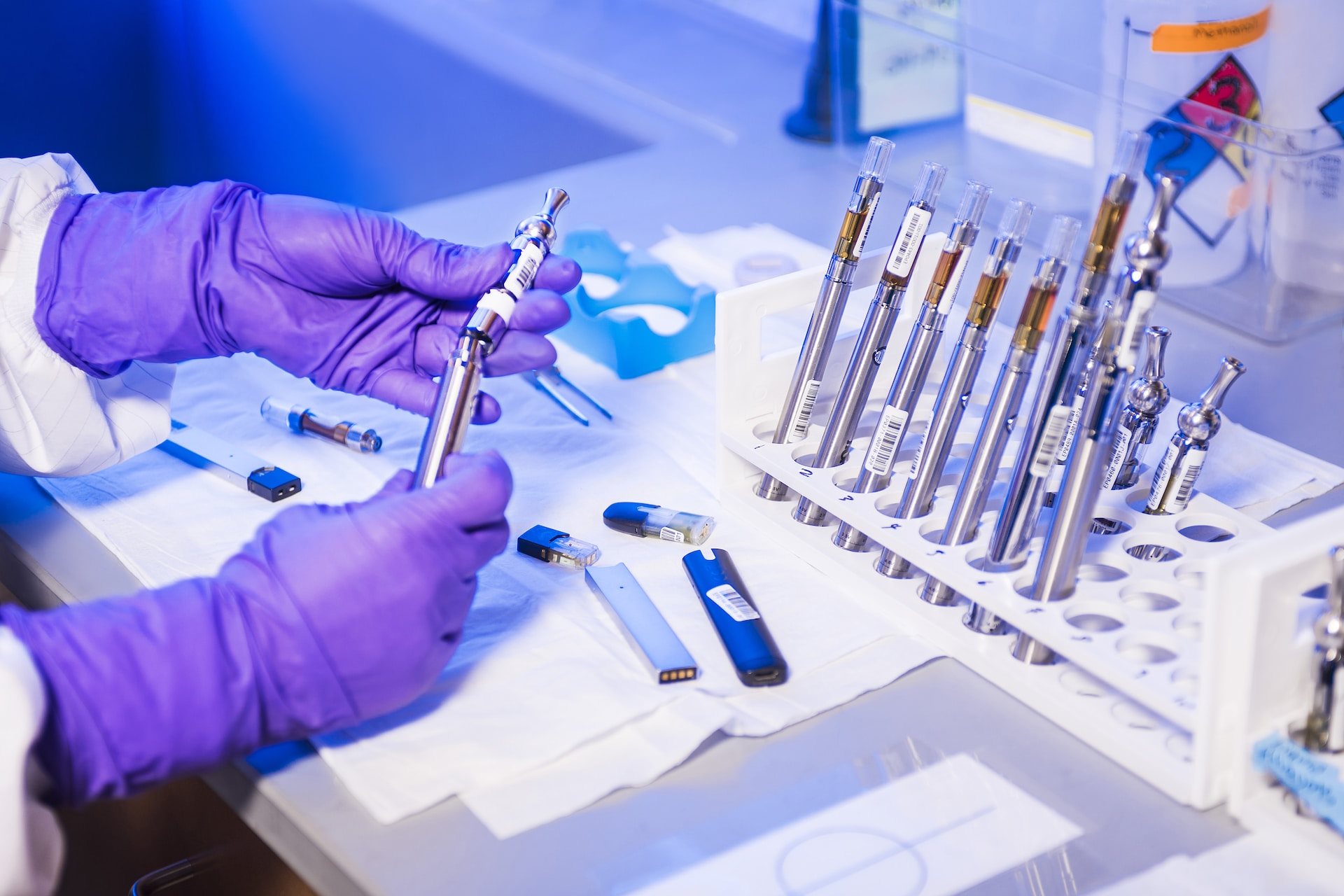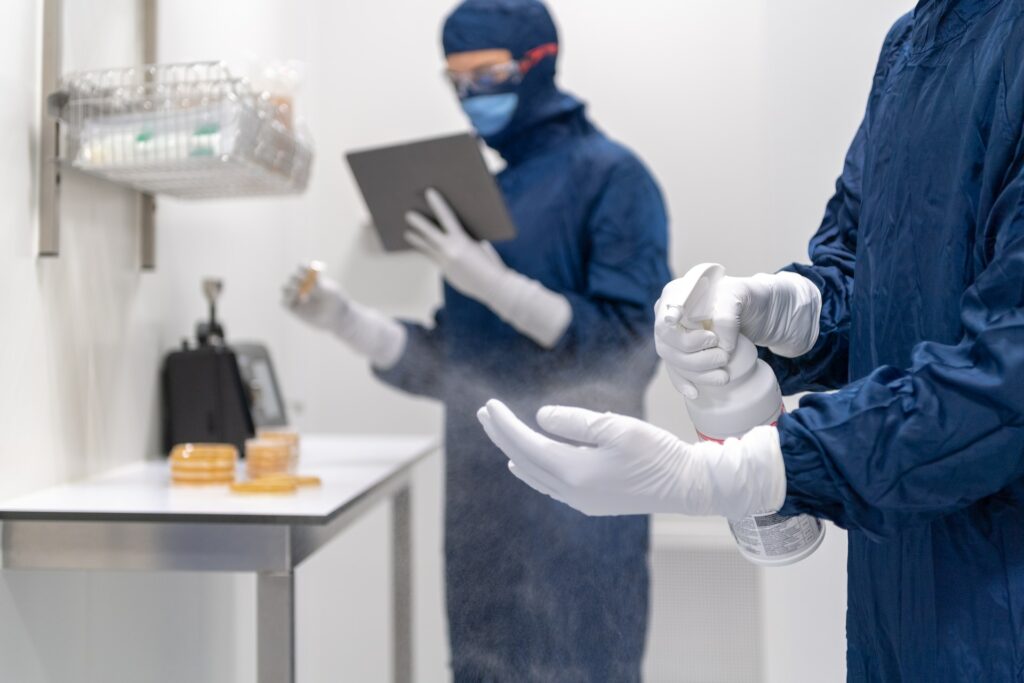[contact-form-7 id=”4740″ title=”Call me”]

In science and research, laboratory skills are often considered a passport to academic and professional success. However, these skills can also pave the way for lucrative entrepreneurship opportunities. Whether you need help getting started, refreshing existing skill sets, or want to consider new opportunities, this comprehensive guide will provide all the tools necessary to transform laboratory skills into profitable endeavors.
A thorough understanding of laboratory equipment is the cornerstone of any lab-based enterprise. Laboratory apparatus range from everyday items like beakers, test tubes, pipettes, and microscopes to more advanced and specialized equipment like spectrophotometers, chromatography systems, and centrifuges. Each piece of science lab equipment has a purpose, and understanding how to use it properly is essential for making money with your laboratory skills. The more knowledgeable you are about the appropriate tools, your chances of success are better.
Familiarizing yourself with different laboratory tools’ functionality, operation, and safety measures is essential. This knowledge ensures the accuracy and reliability of experimental results and minimizes the risk of equipment damage or personal injury. Remember, a well-equipped laboratory is like a well-oiled machine — optimal performance requires meticulous care and understanding of each component.
As vital as understanding laboratory equipment, obtaining the necessary licenses and certifications is the legal prerequisite for running a laboratory-based business. The specifics of these requirements may vary depending on the nature of your business and the jurisdiction in which you operate. Generally, businesses dealing with hazardous materials, biohazards, or radioactive substances will require permits and inspections by regulatory bodies like the Environmental Protection Agency (EPA) or the Nuclear Regulatory Commission (NRC) in the United States.
Additionally, certain laboratory activities may necessitate individual certifications, such as those for Clinical Laboratory Improvement Amendments (CLIA) or Good Laboratory Practice (GLP). Always ensure to proactively research and comply with all local, state, and federal regulations and standards to avoid legal repercussions and maintain the credibility of your business.
Establishing a robust professional network is essential for any business — and laboratory-based businesses are no exception. Not only can these connections help expand the reach of your products or services, but they can also provide invaluable resources in terms of knowledge, skill sharing, and marketing. Attending industry conferences, joining professional organizations, and leveraging social media platforms like LinkedIn are effective ways to build your network.

In addition to networking, fostering strong relationships with mentors in the field can also be highly beneficial. Mentors can offer insightful guidance from their extensive experience, helping you navigate challenges and make informed decisions. They may also introduce you to other influential individuals within the sector or provide recommendations to enhance your reputation.
Creating a comprehensive business plan provides direction and keeps you on track, ensuring that all the necessary steps are taken to launch your laboratory-based venture. When developing a business plan, consider seeking assistance from professionals like accountants or lawyers who can provide tailored advice about legal and financial issues. In addition, be sure to clearly articulate the details of your company’s mission and objectives and the projected timeline for achieving them.
Finally, devise a marketing plan that outlines strategies to increase your customer base. This includes leveraging digital marketing techniques like SEO and social media campaigns to get your message out. With an effective business plan in place, you can be sure that all your hard work will come together to maximize business success.
The capital required for starting a laboratory-based business may be significantly higher than other entrepreneurial ventures. As such, planning the budget carefully and considering various financing options before getting started is essential.
Grants, loans, and venture capital investments are some of the most popular funding sources for laboratory businesses. Alternatively, you may crowdfund your business — platforms like Kickstarter or GoFundMe allow you to connect with potential investors and donors worldwide.
Regardless of your financing option, always remember to conduct due diligence and research all available options before committing. This will ensure that your business is properly funded and ready to hit the ground running.
The next step is to market your business and ensure your products or services reach the right target customers. There are several ways to do this, such as creating a website, advertising online or offline, participating in industry events, and actively engaging with customers on social media platforms.
You may advertise specialized services like contract laboratory testing or medical device development. Doing so will help expand your business’s scope and reach, thus increasing potential revenue opportunities.
Turning laboratory skills into a lucrative business requires extensive knowledge, hard work, and dedication. However, with the right approach and appropriate resources, you can convert a wide range of laboratory skills into a successful enterprise. So, go out there, and start turning your laboratory skills into money.